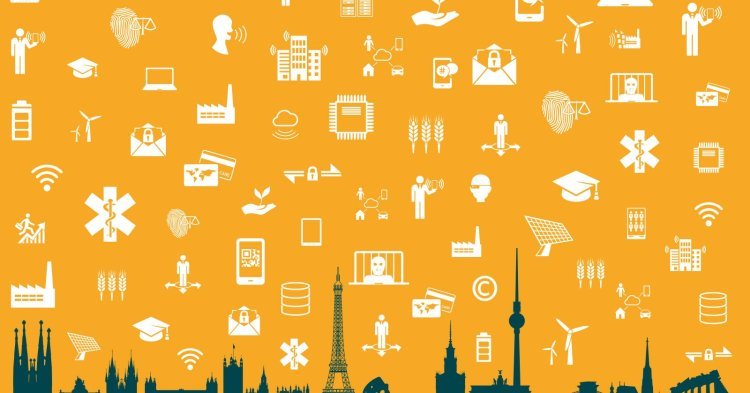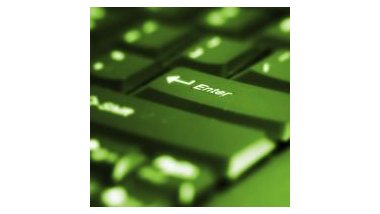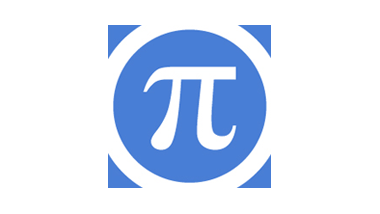What is net neutrality?
A neutral Internet ensures that users face no restrictions in access to applications and services. Similarly, it excludes any discrimination of information transmitted via the network to ensure that people have free access to communication and information. The idea is that data should be distributed as quickly as possible, regardless of the source, the destination or the content. It means that Internet service providers should ensure open networks — and should not block or discriminate against any information on those networks.
Towards a European digital market
Commission President, Jean-Claude Juncker, has made the completion of digitalising the single market a top priority on his agenda. The Commission works to strengthen the regulatory framework in the telecommunications sector, increasing cyber security and boosting digitalisation in many policy areas. The goal is to ensure equal services, with a focus on transparency and regulation of Internet traffic.
In the European Parliament plenary session in Strasbourg the 27th of October, the MEPs adopted the proposed legislation that applies to the telecoms sector, including the end of mobile roaming charges within the EU by June 2017. Furthermore, the European Parliament voted on a set of proposed amendments to the text, including a set of principles to ensure net neutrality. The majority of the MEPs rejected the proposed amendments, something that means that the original text was adopted.
Status quo for net neutrality
The abolition of roaming charges is a huge leap forward to ensure the Commission’s plan to create a common digital market. However, commentators claim that this decision was made at the expense of net neutrality. There was a concern among some MEPs that an adopted amendment could jeopardise the aim to abolish EU roaming charges. An adopted amendment would send the entire law proposal, a text that all the national governments had all agreed to, back to further negotiations. By rejecting the amendments, there is a risk that it will take years to reintroduce this issue within the EU decision-making process.
The current lack of clear rules for net neutrality at the EU level leads to different levels of protection and great variation in regulations between member states. At this point, only three member states, the Netherlands, Slovenia and Finland, have a range of net neutrality rules enshrined in their laws.
The free Internet is increasingly under pressure from various actors. The current EU legislation contains several loopholes leaving the system open to abuse, such as to discriminate certain types of traffic over others and allowing companies to pay for preferential treatment. Worst case, the development could threaten the open online society by limiting benefits and freedoms we often take for granted. It is the EU institutions’ responsibility to protect and ensure net neutrality in Europe. In doing so we protect ourselves against operators that may favour or block information and sites based on their own preferences. To ensure a free, non-censored Internet, that can continue to inform the public and facilitate communication, should be on top of the agenda.
Conclusion
The abolition of roaming charges in the EU is a leap towards a common digital market, and provide huge advantages for European citizens. However, safeguarding Internet neutrality should be the next one, in order to ensure an open and free digital sphere in Europe to safeguard the fundamental freedoms of European citizens.




Follow the comments: |
|
